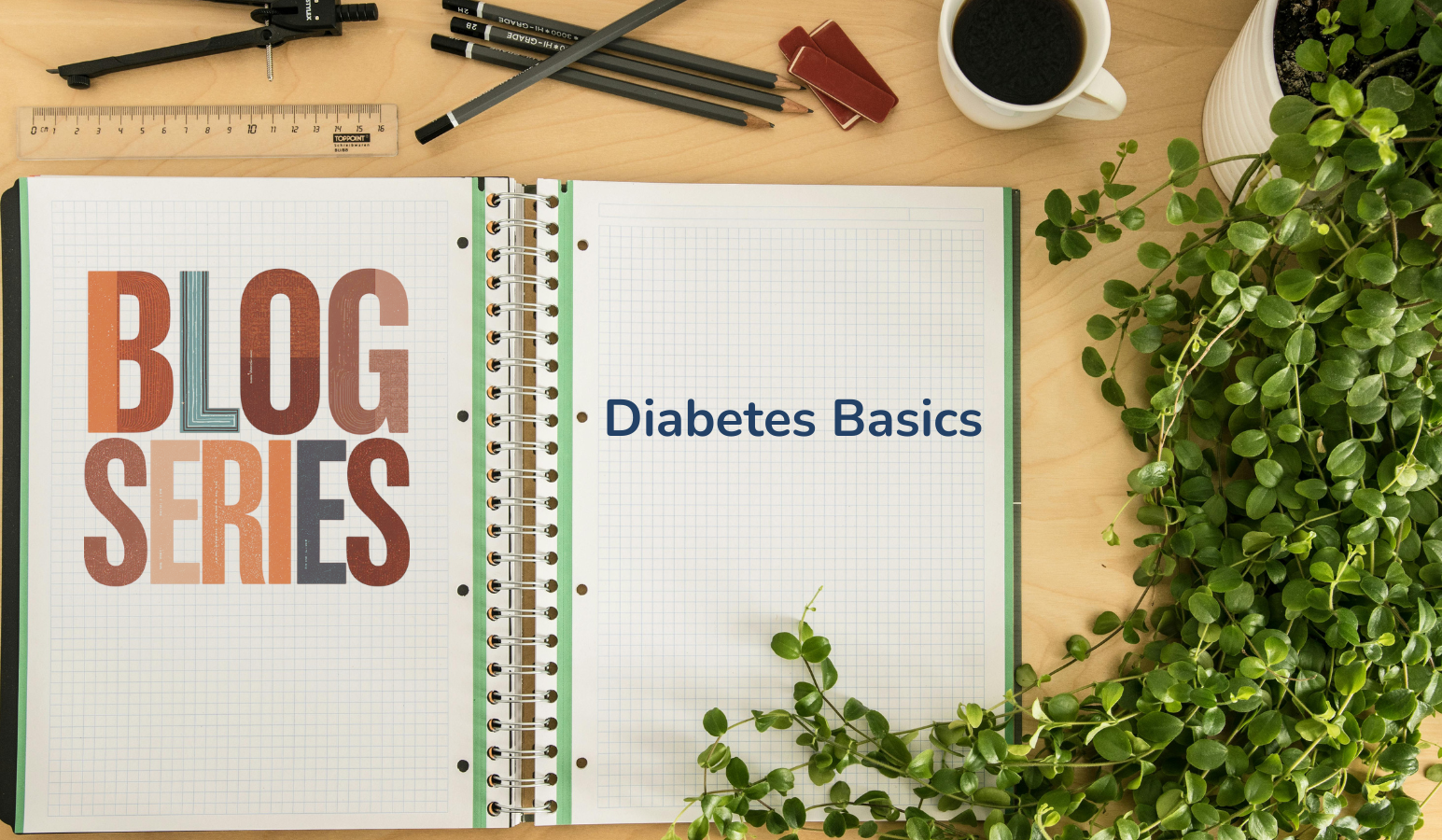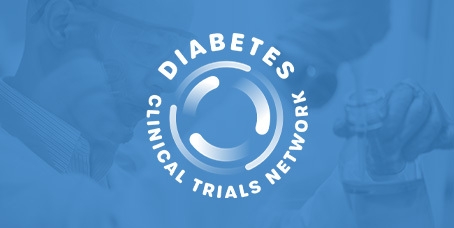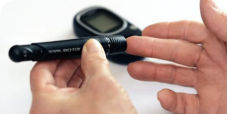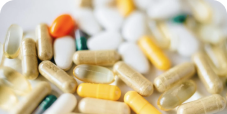Latest articles
Filters
articles

Diabetes Basics Part 1: What is Glucose?
Glucose is a simple sugar molecule or carbohydrate that is present in many foods. It exists as either single glucose molecules or in combination with other molecules. Like other animals, humans use glucose as a form of energy. Glucose molecules circulate through the body and provide the energy that the brain, muscles, fat and other...
articles

Type 2 Diabetes: The “Perfect Storm”
Have you ever heard of a perfect storm? It’s when several bad weather conditions crash together at the exact same time, creating a huge disaster. Doctors often use this idea to describe how Type 2 diabetes develops in the body. Type 2 diabetes is a condition where your body has trouble controlling the amount of...
articles

Why Isn’t the Drug Doing What My Doctor Said It Would Do?
Drugs are prescribed to people with diabetes for a variety of reasons. These include the following: To keep blood sugar levels from rising too high To minimize the risk of low blood sugars or hypoglycemia To promote weight loss or prevent weight gain To reduce the risk of serious health problems in the future that...
articles

The Connection Between Thyroid Disease and Diabetes
How do thyroid problems affect people with diabetes? The thyroid is a butterfly-shaped gland in your neck that makes hormones essential for many bodily functions, including metabolism, heart rate, and body temperature. When the thyroid produces too much hormone, it’s called hyperthyroidism, and when it makes too little, it’s called hypothyroidism. People with diabetes, especially...
articles

Feeling Your Best with Diabetes Education and Support
Living with diabetes means learning a lot, and you don’t have to figure it all out alone! Diabetes education and support are designed to empower you to live your healthiest life. What is Diabetes Education? Diabetes education, also known as diabetes self-management education (DSME), is a way to gain the skills and knowledge you need...
articles

Your Diabetes Care Team
Have you ever wondered who makes up your diabetes care team? It’s a group of healthcare professionals who are there to support you on your journey with type 1, type 2, or gestational diabetes. It’s important to know who’s on your team so you can get the best care. Key Team Members Your team typically...

















